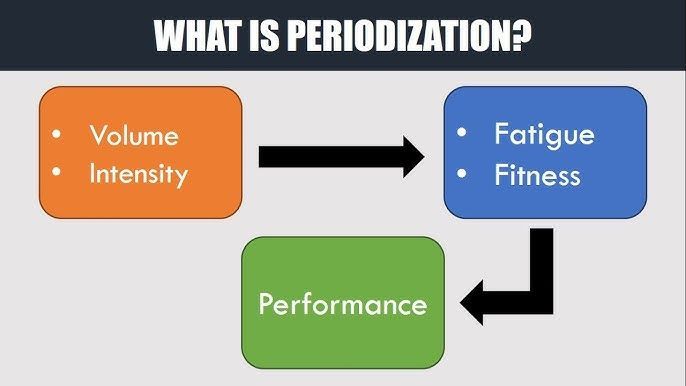Understanding the Impact of Dietary Protein on Weight Gain:
Recent research published by George A. Bray and his colleagues

By TAKU
Recent research published by George A. Bray and his colleagues delves into the relationship between dietary protein content and its effects on weight gain, energy expenditure, and body composition during periods of overeating. This randomized controlled trial sheds light on the often debated role of protein in our diets and its implications for obesity and metabolic health.
The Study Design
The study involved a diverse group of participants who were subjected to a controlled environment where their dietary intake could be meticulously monitored. Participants were assigned to different dietary protein levels while consuming excess calories over a set period. This design allowed researchers to assess how varying protein intake influenced weight gain and metabolic responses under conditions of overeating.
Key Findings
- Weight Gain and Protein Intake: One of the most significant findings of the study was the correlation between higher dietary protein and reduced weight gain despite increased calorie consumption. Participants consuming a higher protein diet exhibited less overall weight gain compared to those on lower protein diets. This suggests that protein may play a crucial role in modulating body weight during periods of excessive calorie intake.
- Energy Expenditure: The study also measured energy expenditure across different dietary groups. Interestingly, those with higher protein intake demonstrated elevated energy expenditure, potentially due to the thermogenic effects of protein digestion and metabolism. This thermogenic effect refers to the energy required for the body to process the nutrients, which may contribute to a greater caloric burn.
- Body Composition Changes: Beyond just weight gain, the composition of that weight is vital. Participants on higher protein diets tended to gain more lean muscle mass rather than fat, indicating that protein could aid in preserving muscle during overeating. This is particularly important for those looking to manage their body composition while indulging occasionally.
Implications for Diet and Health
The findings of Bray et al. carry significant implications for dietary guidelines and obesity management strategies:
- Dietary Recommendations: For individuals seeking to manage their weight or prevent obesity, increasing dietary protein may offer a practical approach. As protein helps mitigate weight gain during periods of excess caloric intake, it can be a strategic component of meal planning.
- Weight Management Programs: Weight loss programs might benefit from incorporating higher protein diets, emphasizing not just the quantity of food but also its quality. This could help participants maintain lean mass while losing fat, improving overall health outcomes.
- Public Health Messaging: The study underscores the importance of focusing on macronutrient quality, rather than just calorie counting. Encouraging higher protein intake may be a more effective strategy for promoting healthier eating habits.
TAKU's NOTE:
The research conducted by Bray et al. adds to the growing body of evidence suggesting that dietary protein plays a crucial role in managing weight, energy expenditure, and body composition, especially in the context of overeating. As the prevalence of obesity continues to rise, understanding and applying these findings could inform both personal dietary choices and public health policies aimed at fostering healthier lifestyles. By recognizing the importance of protein, individuals may be better equipped to navigate their dietary habits, leading to improved health outcomes in the long run.
Recent Articles






Subscribe and get our strength and nutrition guide for free
Contact Us
Thank you for contacting us.
We will get back to you as soon as possible.
Please try again later.

TNT Strength is an interchangeable team of evidence-based strength coaches committed to helping people become the best versions of themselves through supervised strength training. We work with everyone from professional athletes to adults in their 90s both in our studio located in Oakland, California and around the world through virtual coaching.
Site Links
© 2025 TNT Strength and Truth Not Trends, LLC








